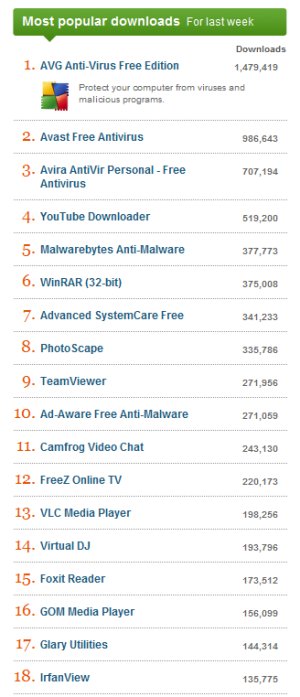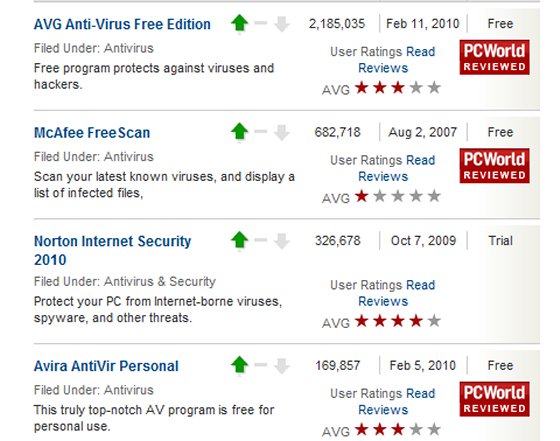It seemed that after the advent of Web 2.0 programming technologies, such as AJAX, that there was no more need for downloadable applications since any web page could now be a live application. With webware applications, each action would behave like a desktop application could. No need to reload a page every time you click a button, and more importantly, no need to download and install an application onto your computer.
On first look it appears that webware programs have usurped the need for downloadable applications.
 But web-based programs have one very critical limitation. They require you to be on the web to use them. Webware programs can’t run all the time on your computer. They won’t shrink down into your Windows System tray.
But web-based programs have one very critical limitation. They require you to be on the web to use them. Webware programs can’t run all the time on your computer. They won’t shrink down into your Windows System tray.
As a result of webware’s limitations, there is still a strong market for downloadable applications. Looking at the history of popular downloadable programs, here are the three most successful categories:
- Communications applications – VoIP and video chat programs like Skype and all the instant messenger applications have always been popular. Many Adobe Air applications, e.g., TweetDeck, fall into this category.
- Anti-virus and spyware – Everyone MUST have these programs on their computer. Many people aren’t willing to shell out the bucks for McAfee or Norton, so they opt for one of the free solutions.
- Multimedia applications – Even though you can watch videos and listen to music online, downloadable desktop programs like iTunes and Windows Media Player remain popular.
All three of these categories have stayed consistently successful even with the amazing proliferation of webware applications.
And this is where itiBiti has found its comfortable and successful niche. DISCLAIMER: itiBiti is one of Spark Media Solutions’ clients.
Instead of trying to compete with any one of these categories, itiBiti is actually a mashup of a communication and a multimedia application, two proven and consistently successful categories of downloadable apps.
These downloadable applications succeed in one of the following three ways:
- They maintain a consistent connection with a brand that generates revenue through advertising (e.g., AOL with AOL Instant Messenger or Yahoo! with Yahoo! Messenger).
- They operate under a freemium model. Basic service is free but additional services cost money (e.g., Skype with Skype Out and Anti-Virus software with further scanning abilities).
- They operate a marketplace that sells content (e.g., iTunes with sales of songs, movies, and applications).
Given all these above described options, here’s the combination itiBiti offers:
- Always-on communications (text, voice, and soon video)
- Multimedia content (video, real-time news, web content)
- Branded application (white labeled so anyone can brand the application)
Since so many downloadable applications have failed since the advent of webware, it’s often a common belief that all downloadable applications are doomed. But if you look and realize that there are still many vibrant and highly demanded categories of downloadable apps, it’s easy to realize that there’s still a very strong marketplace. itiBiti aims to build success on a hybrid of already proven downloadable applications.
Want to know more? Interested in getting your brand on the itiBiti platform? Contact Brad Parry (bparry@intertainmentmedia.com).




